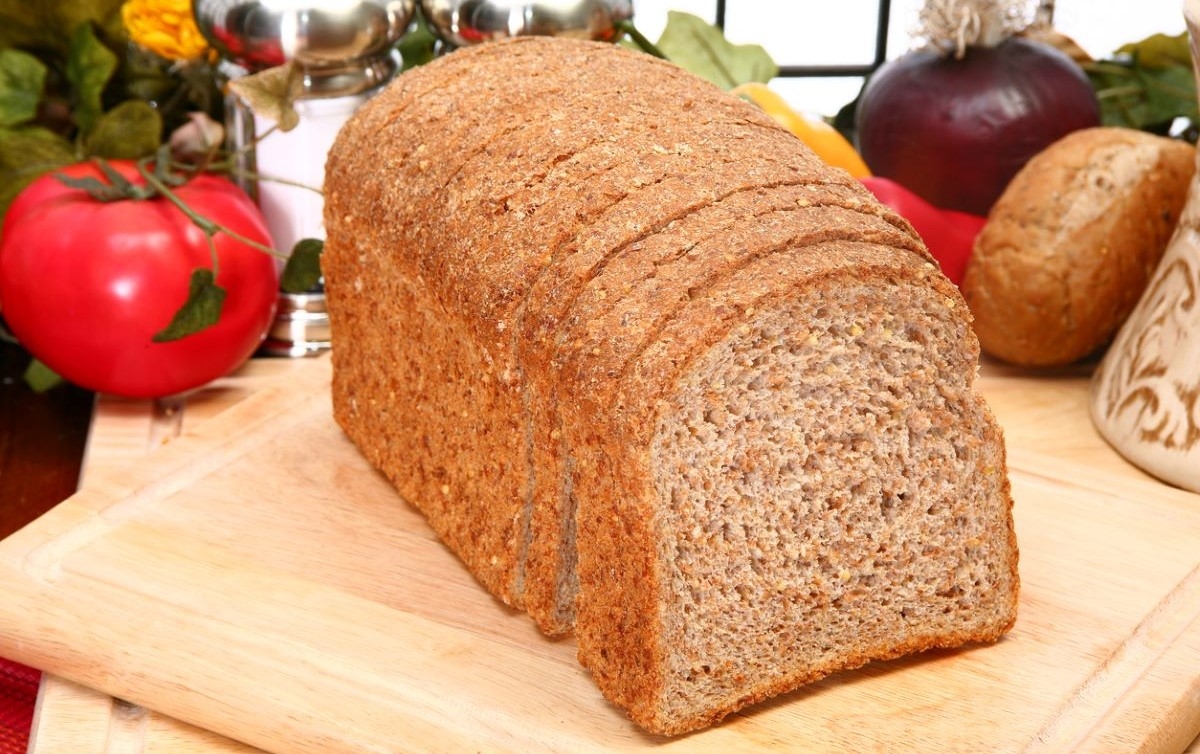
Why including sprouted grains can be good for your digestive health
ABOVE: Sprouted grain bread, like Ezekiel bread, is an option for people who are gluten sensitive.
Like many other foods sprouted grains appear to be making their presence more noticed in the grocery stores. So, this week I will be looking at what exactly are sprouted grains and the digestive benefits you might gain by introducing them into your diet versus unsprouted grains which some people can find quite hard to digest.
The concept of sprouted grains is the same as with regards to sprouting seeds such as mustard seeds, whole grains are just seeds lying dormant, waiting for the right temperature and moisture levels, which will enable them to start sprouting. The dormant grain already contains all the enzymes required so that it can fuel the sprouting process.
The dormant grain is made up of three layers, the bran, the germ, and the endosperm, all of which are necessary for the sprouting process, as the germ, which is the embryo of the grain, is fed by sugars produced by the endosperm, while the bran protects the grain if fully able to sprout. Once this process has started various biochemical changes take place within the grain and you may wonder what benefits this may have for us?
To begin with enzymes within the grain break down the starches which are stored in the endosperm, into simple sugars, and the proteins found in grains are broken down into amino acids and peptides. We can look at this process as a form of ‘pre-digestion’. When the breakdown of food products has already begun, this, in essence, means that these elements are more readily available for digestion and absorption by our digestive system, you might want to think of this as fast track digestive process. In this process other elements such as gluten is also broken down and predigested, this means that for people who are gluten sensitive, eating bread from sprouted grains, such as Ezekiel bread might be an option worth exploring as they may find that they can eat it without any discomfort. Phytate is another element also found in grains (and the skin on nuts) which is known to bind to vitamin C, zinc and magnesium making them less available to the body for absorption. During the sprouting process, phytate is broken down resulting in these vitamins and minerals more available to the body for absorption.
Not only are sprouted grains used in bread but they are also available as a dried-foods which can be used as a side dish or in a salad. As sprouted whole grains have been pre-digested, they will cook faster than unsprouted whole grains, they can also be used as flour substitutes one-for-one with traditional flours. When baking with flour from sprouted grains, the dough will generally take in more water than traditional dough, making it airier and lighter to taste. Although the nutritional content of sprouted grains is no different to that of unsprouted grains, it is more the digestive comfort that it can provide as well as a slightly nuttier flavour than traditional flours.
As always when buying sprouted bread products, it is important to check the ingredients, as they are not always 100% sprouted grain flour, with other flours often being added. You will find the bakery products in the frozen section of the grocery store, and that any you may find on the shelf are likely to contain preservatives and added sugars.
Send your nutrition questions to susan@susanalsembach.com









